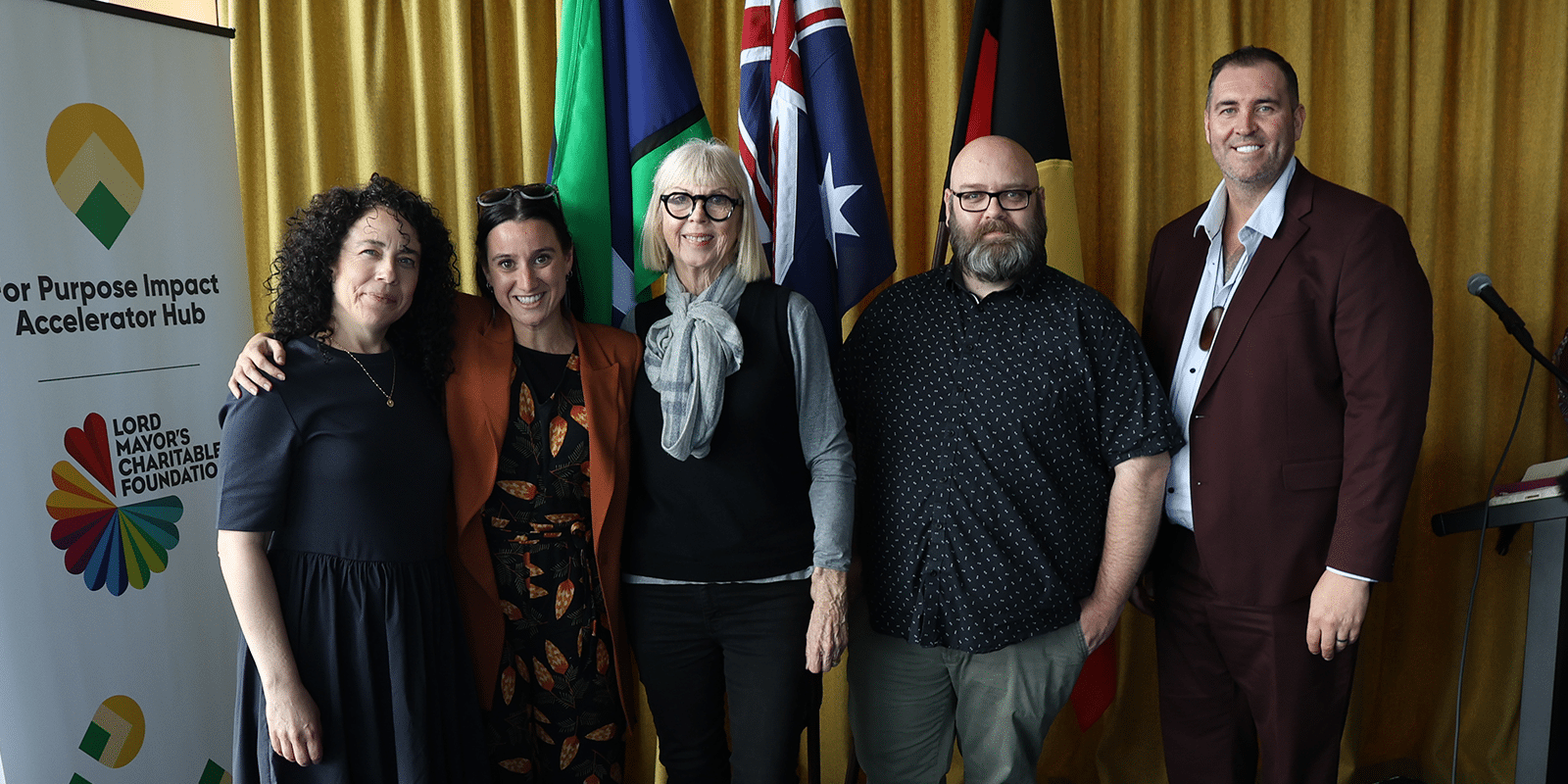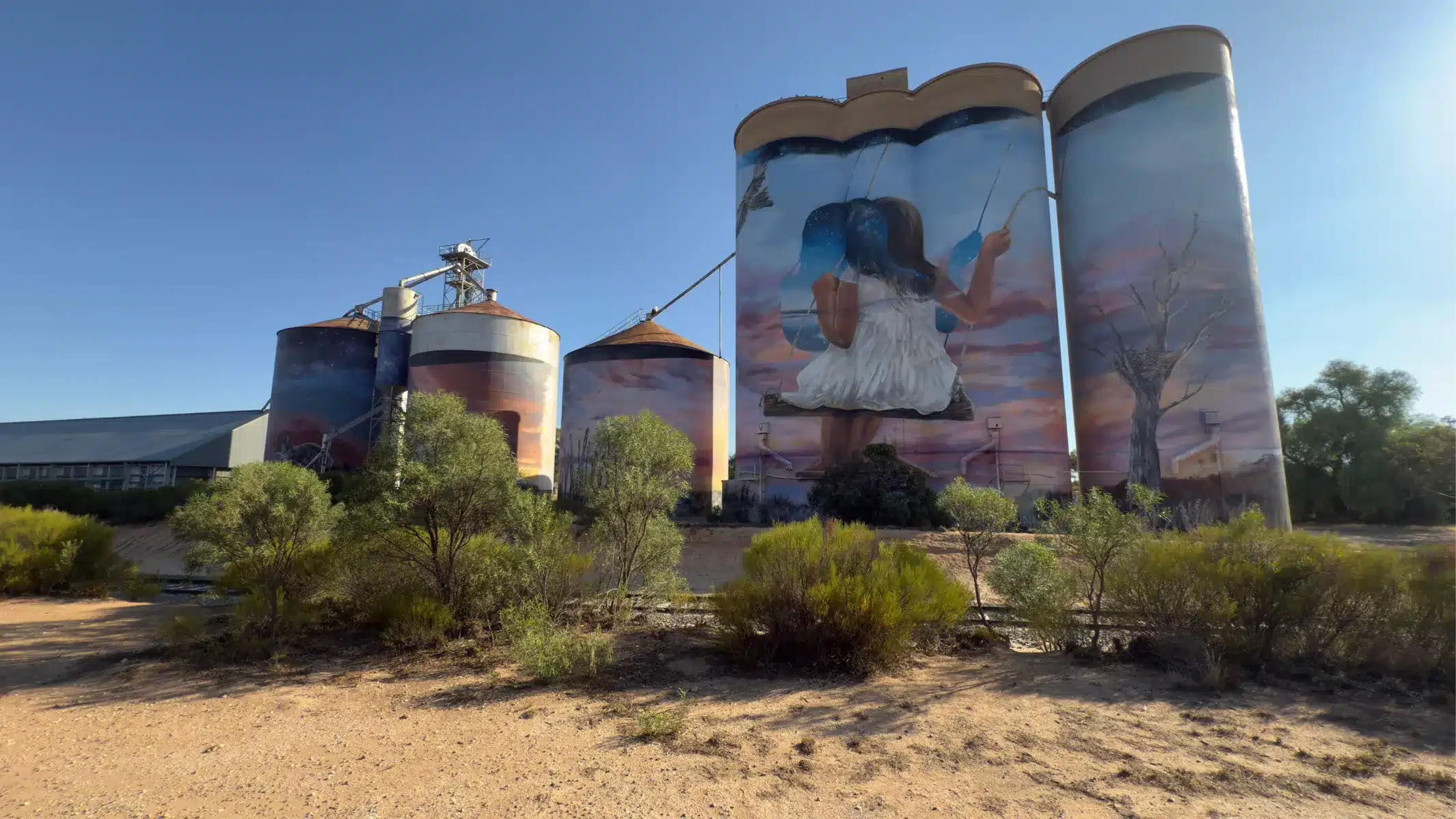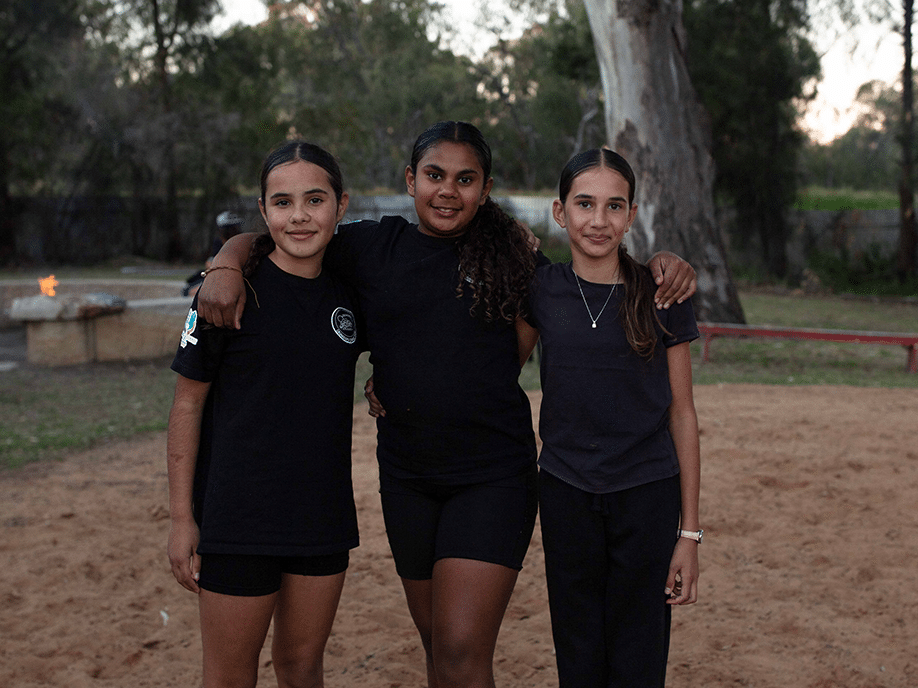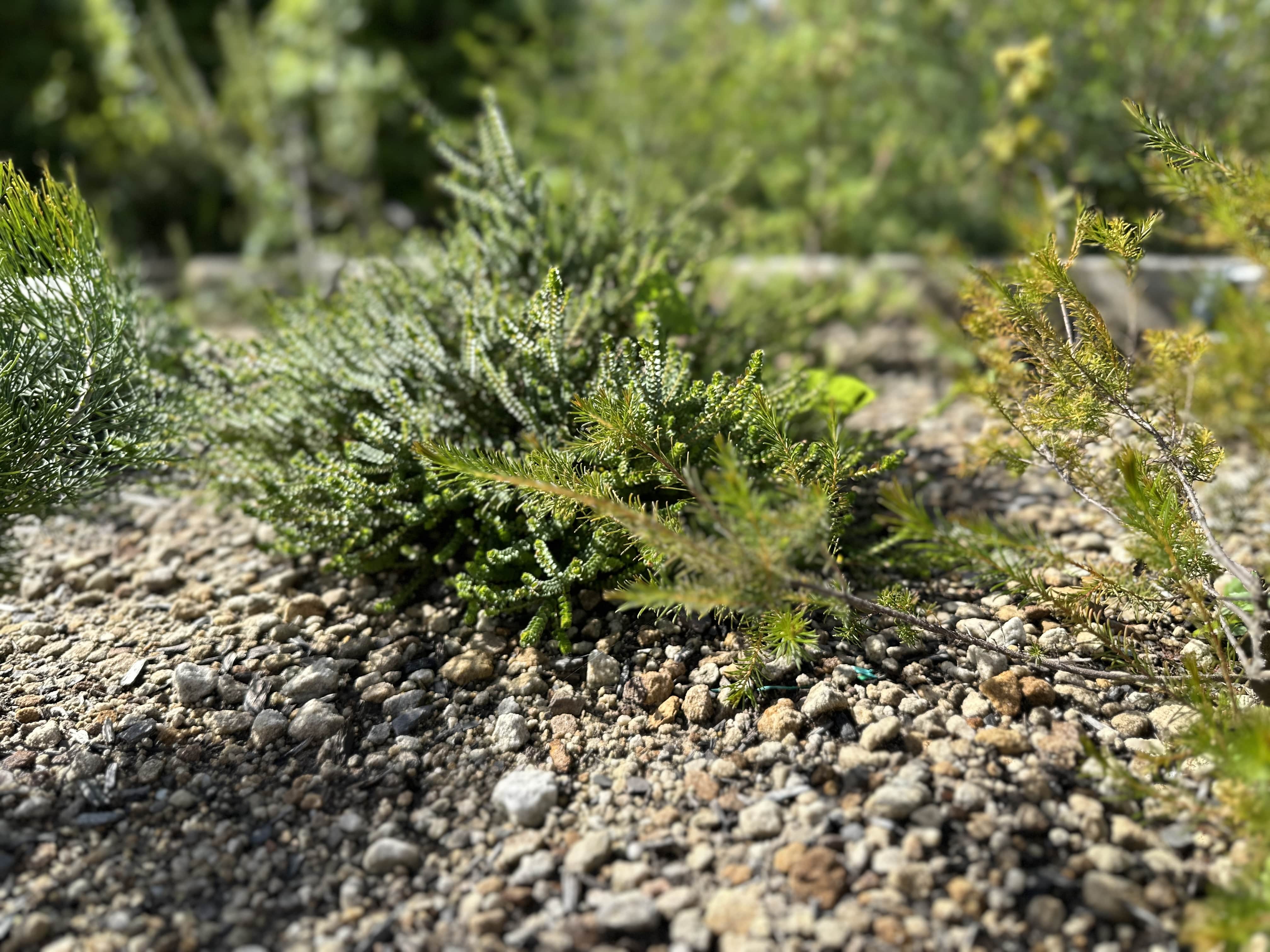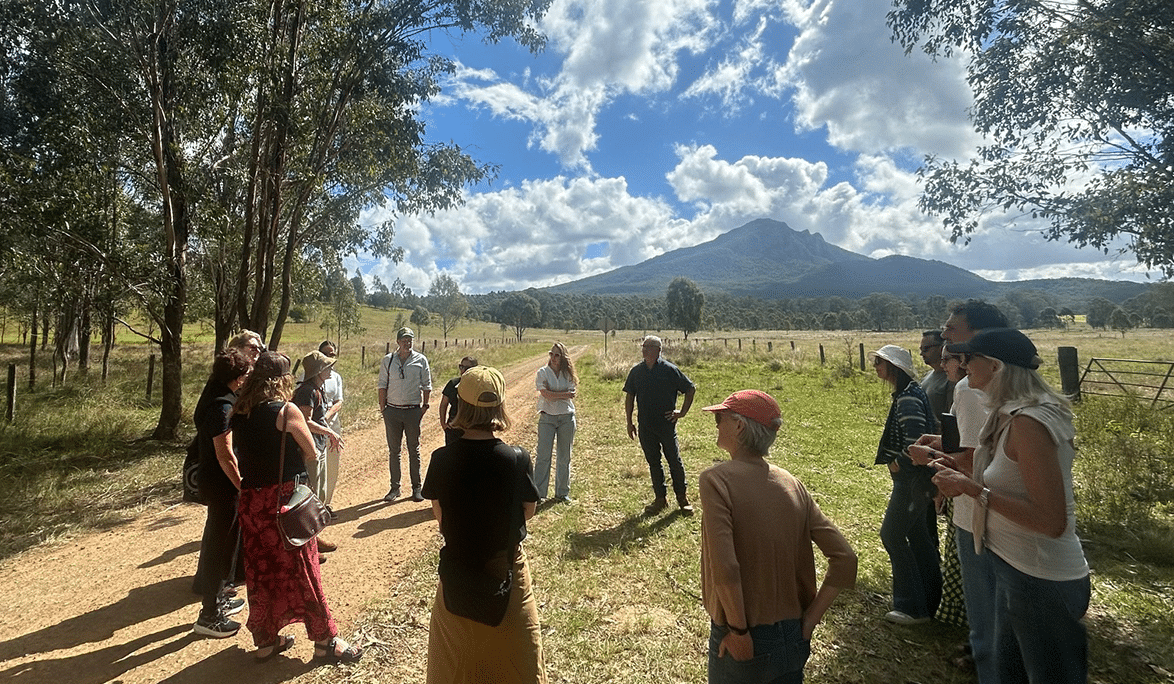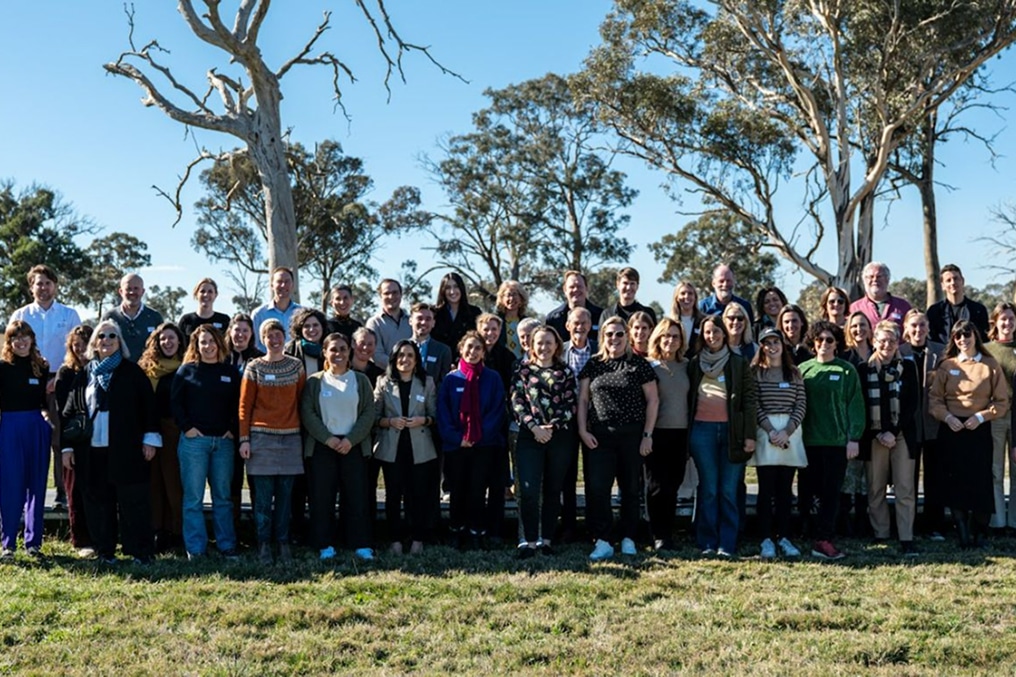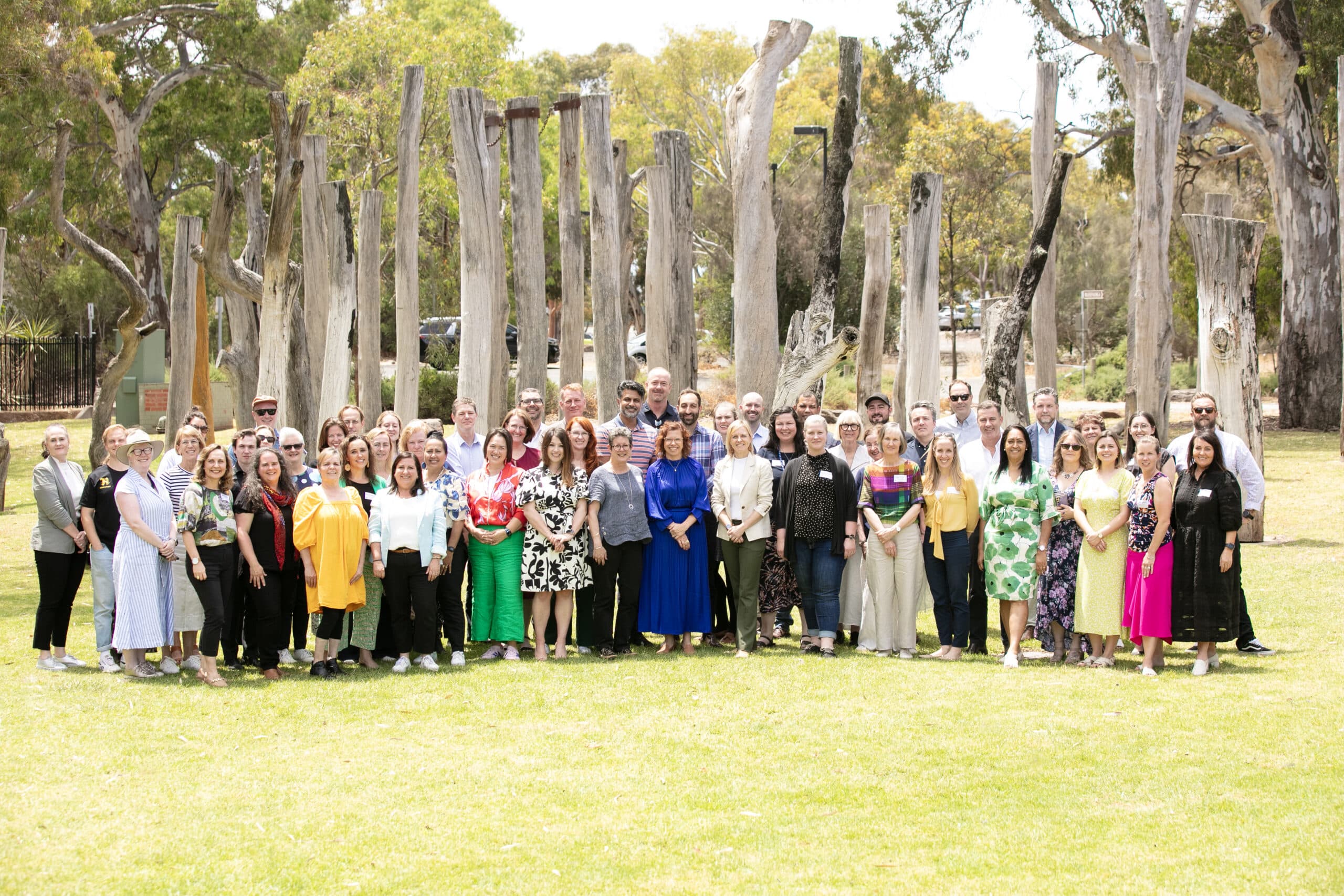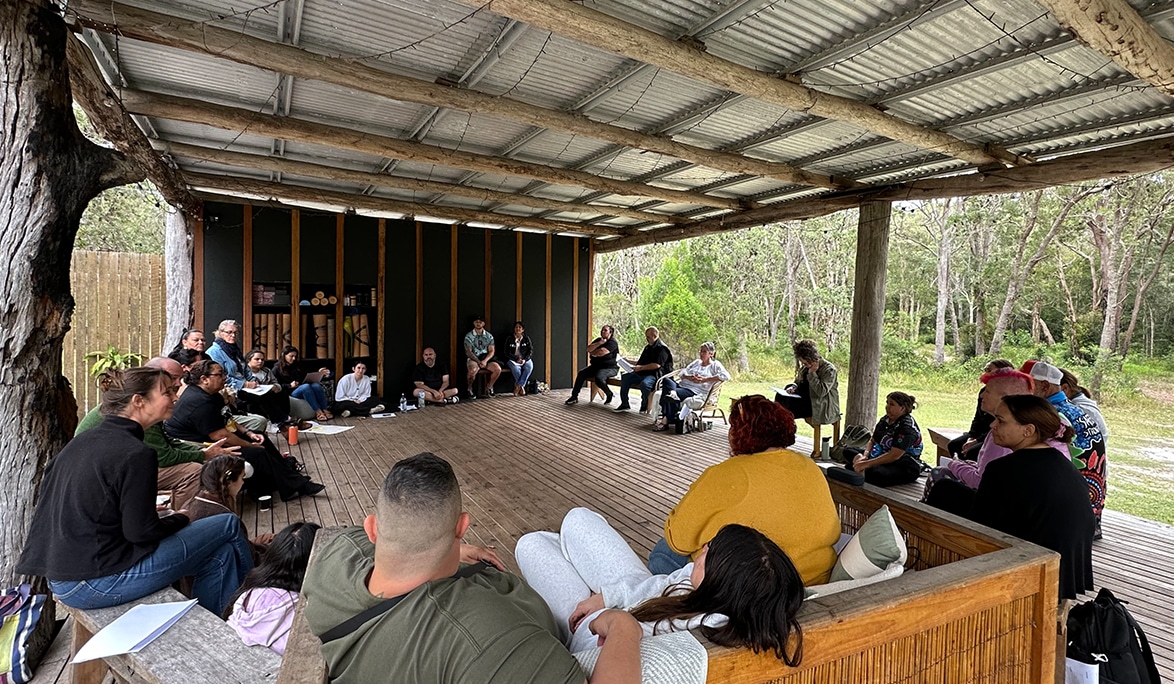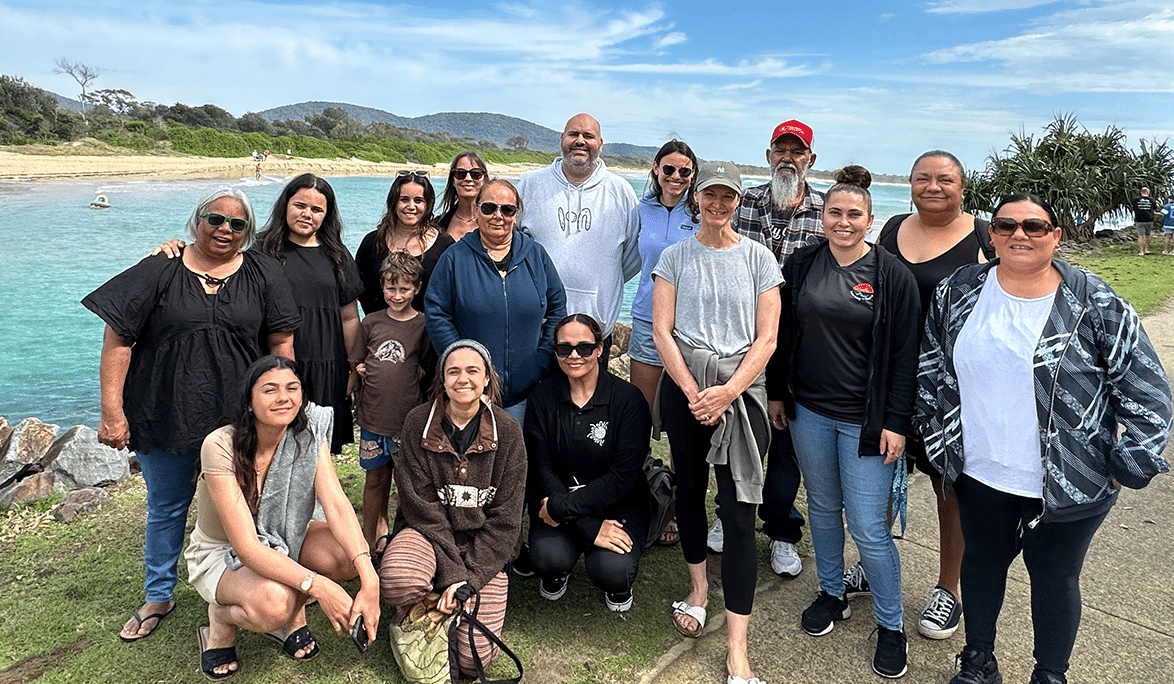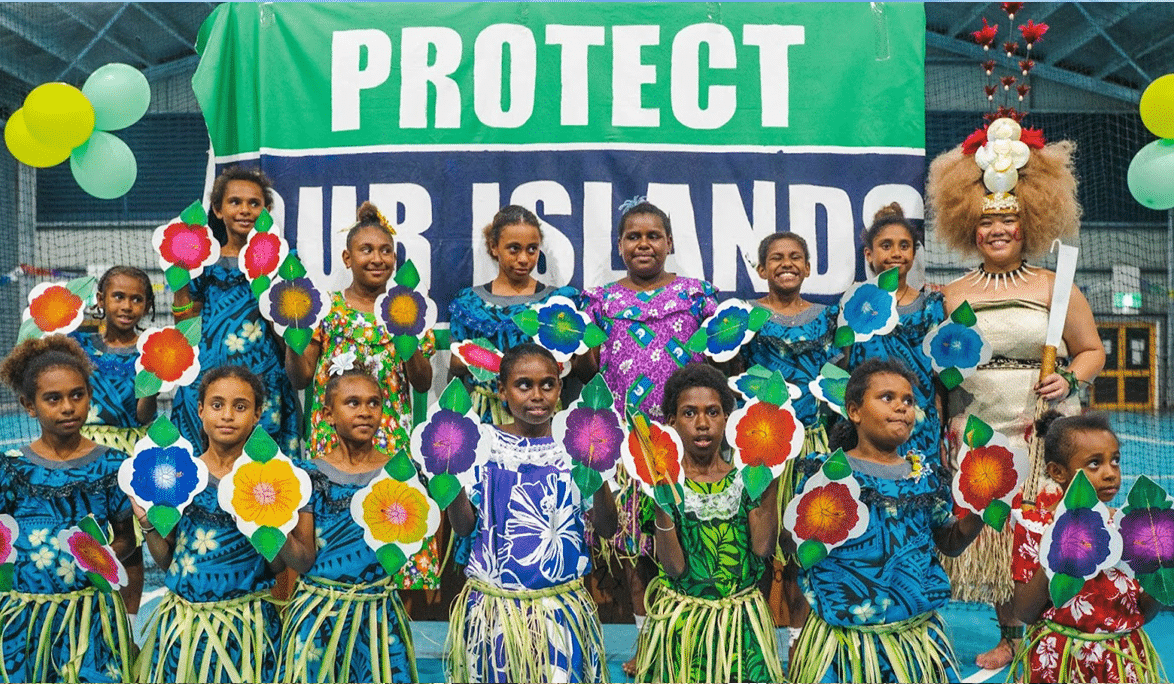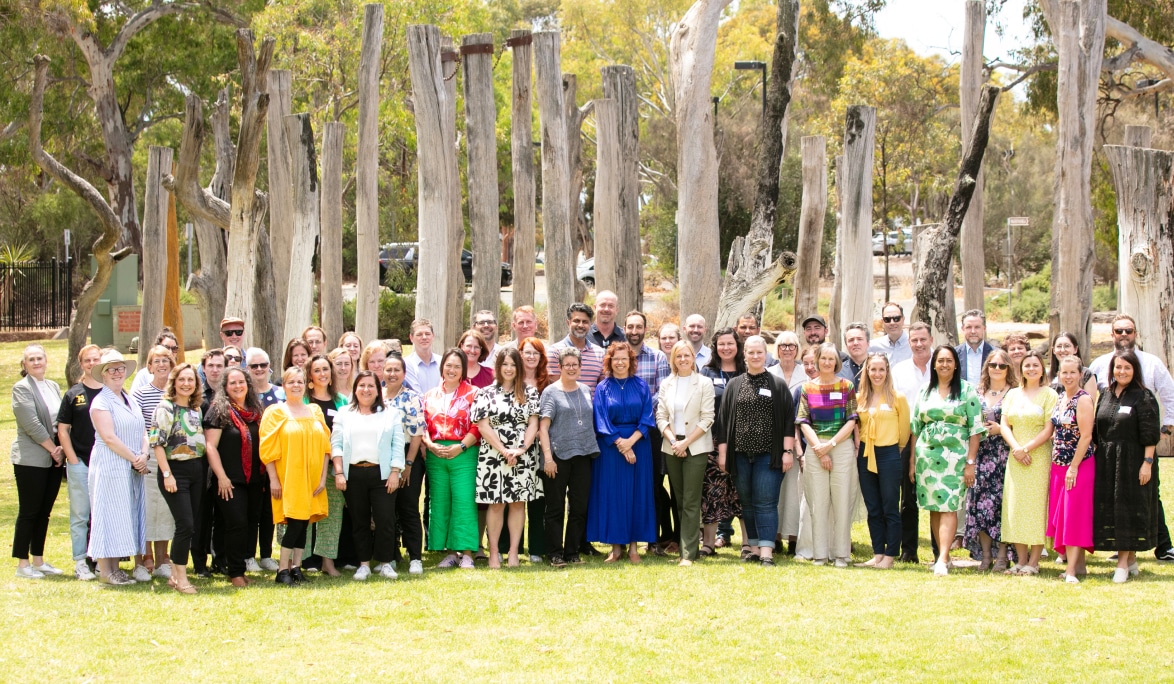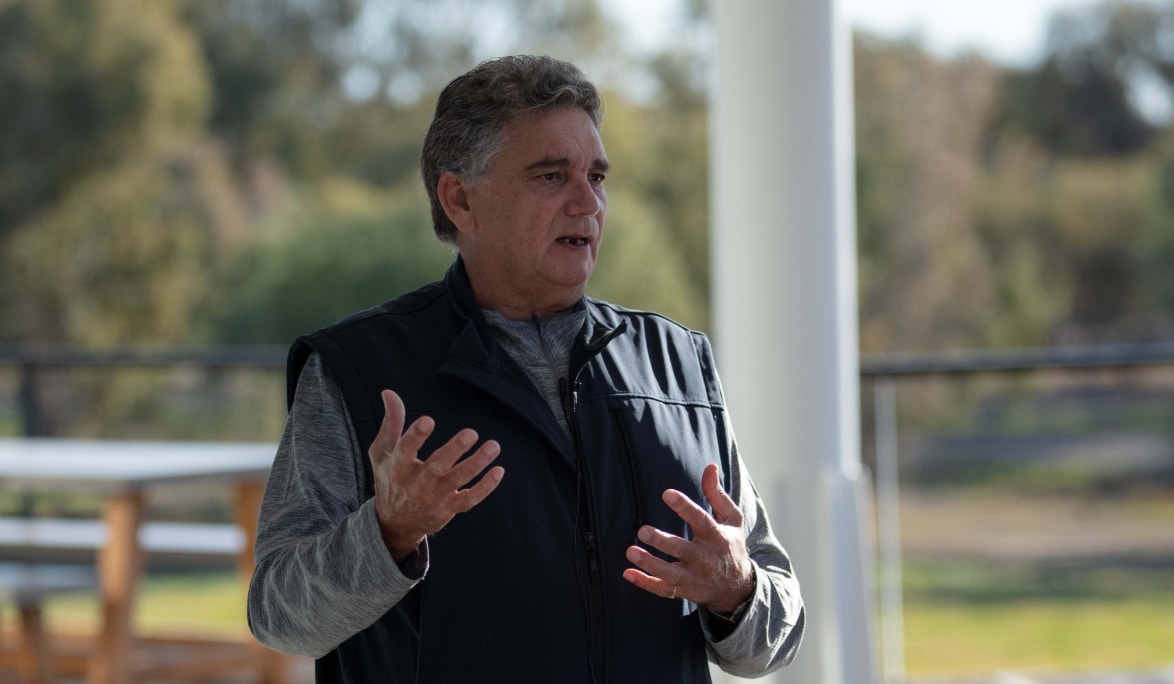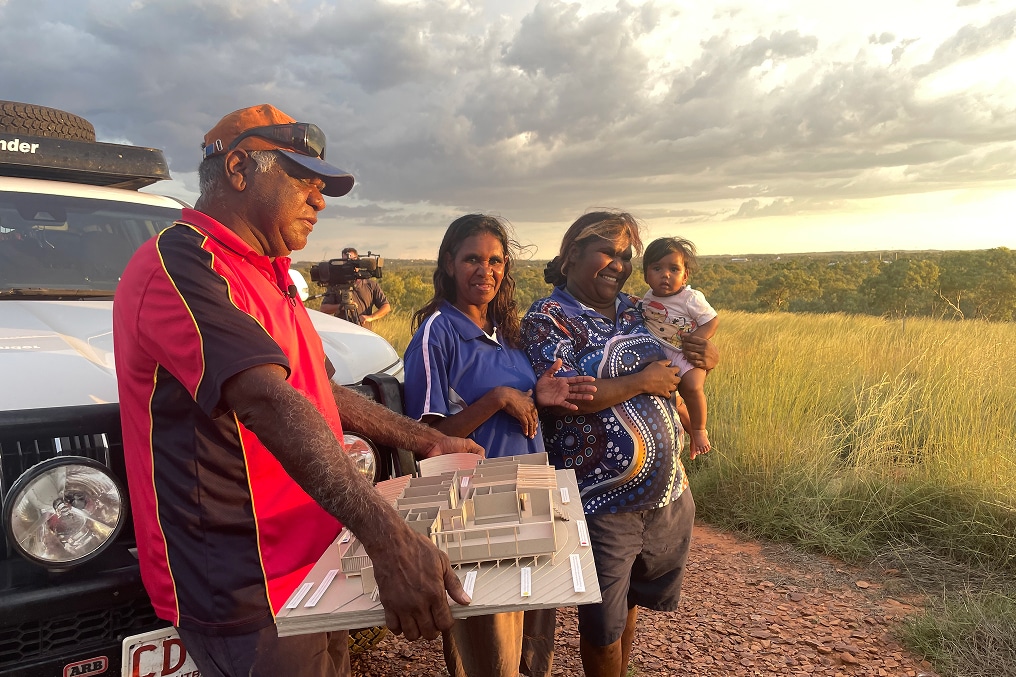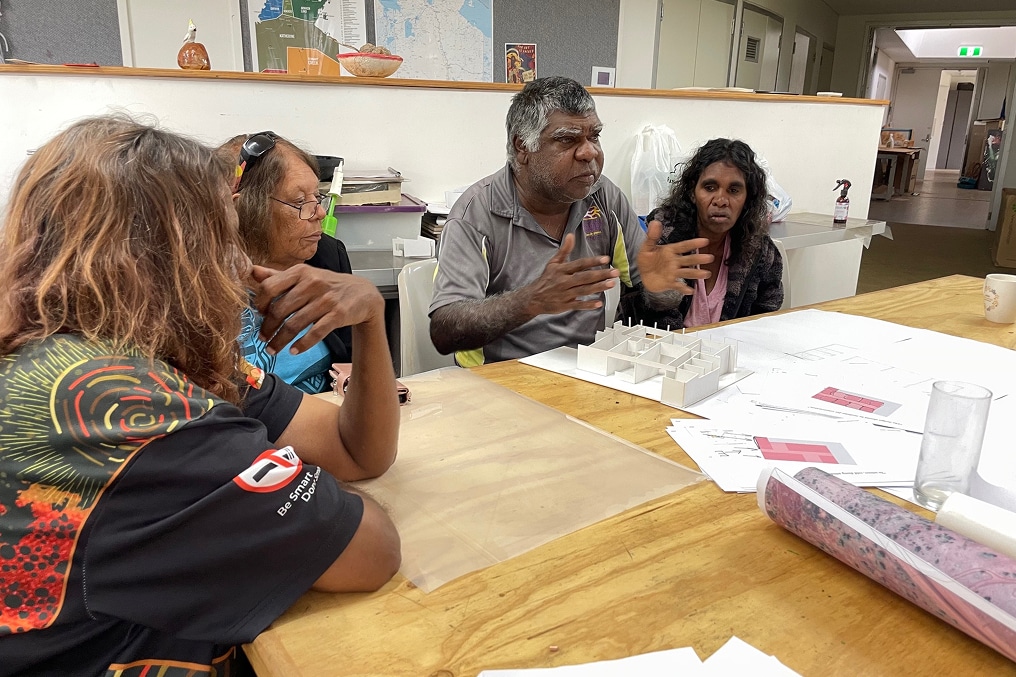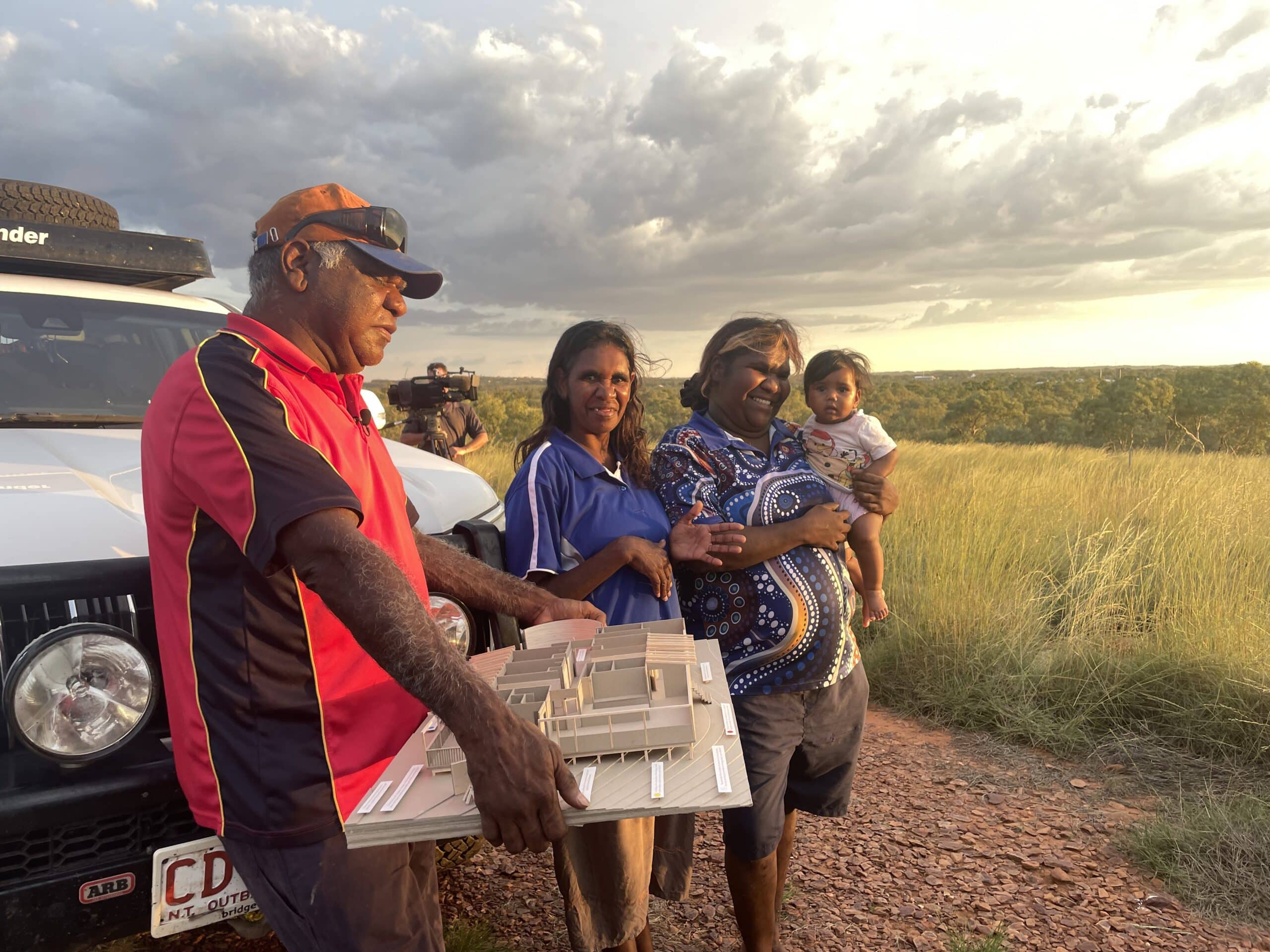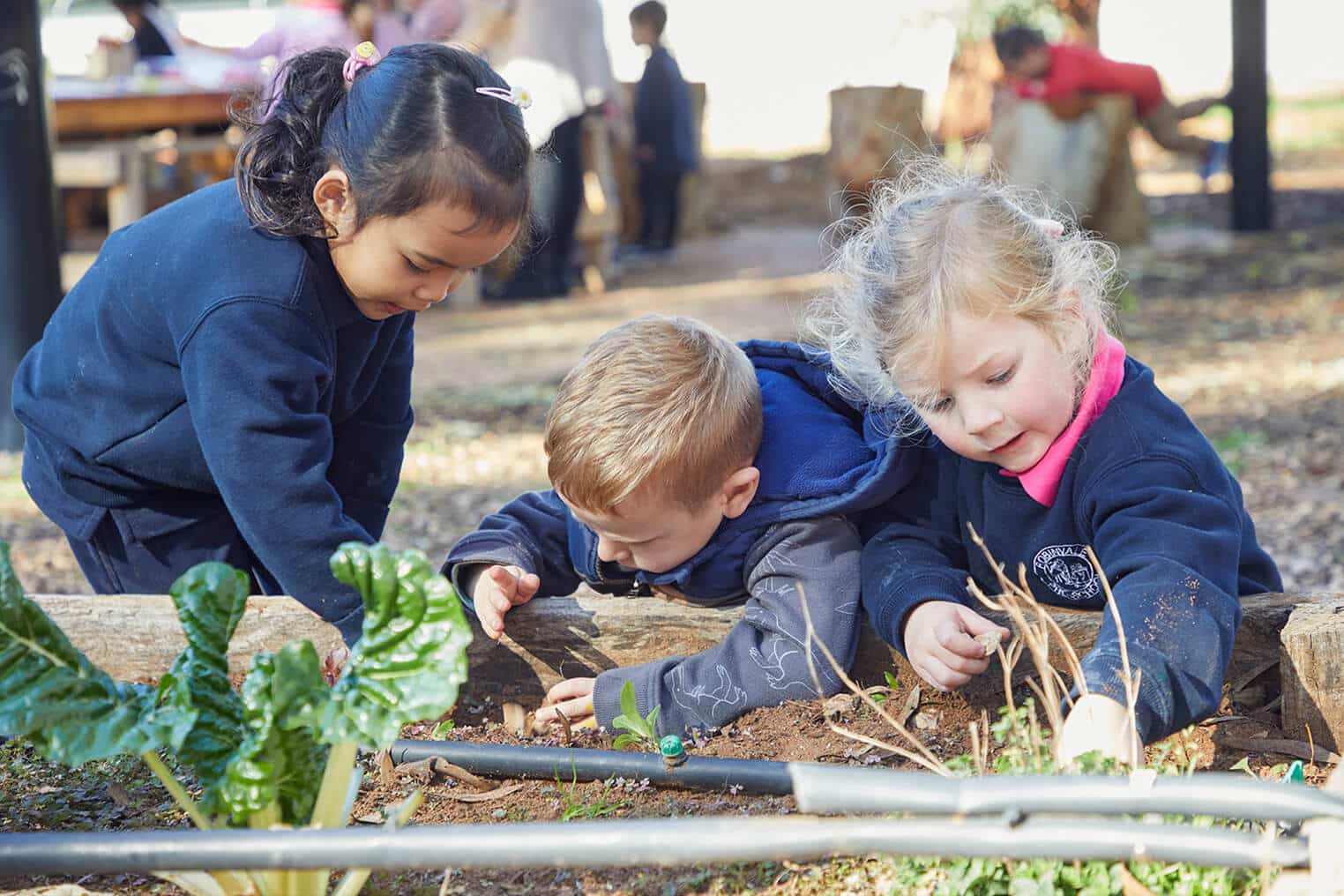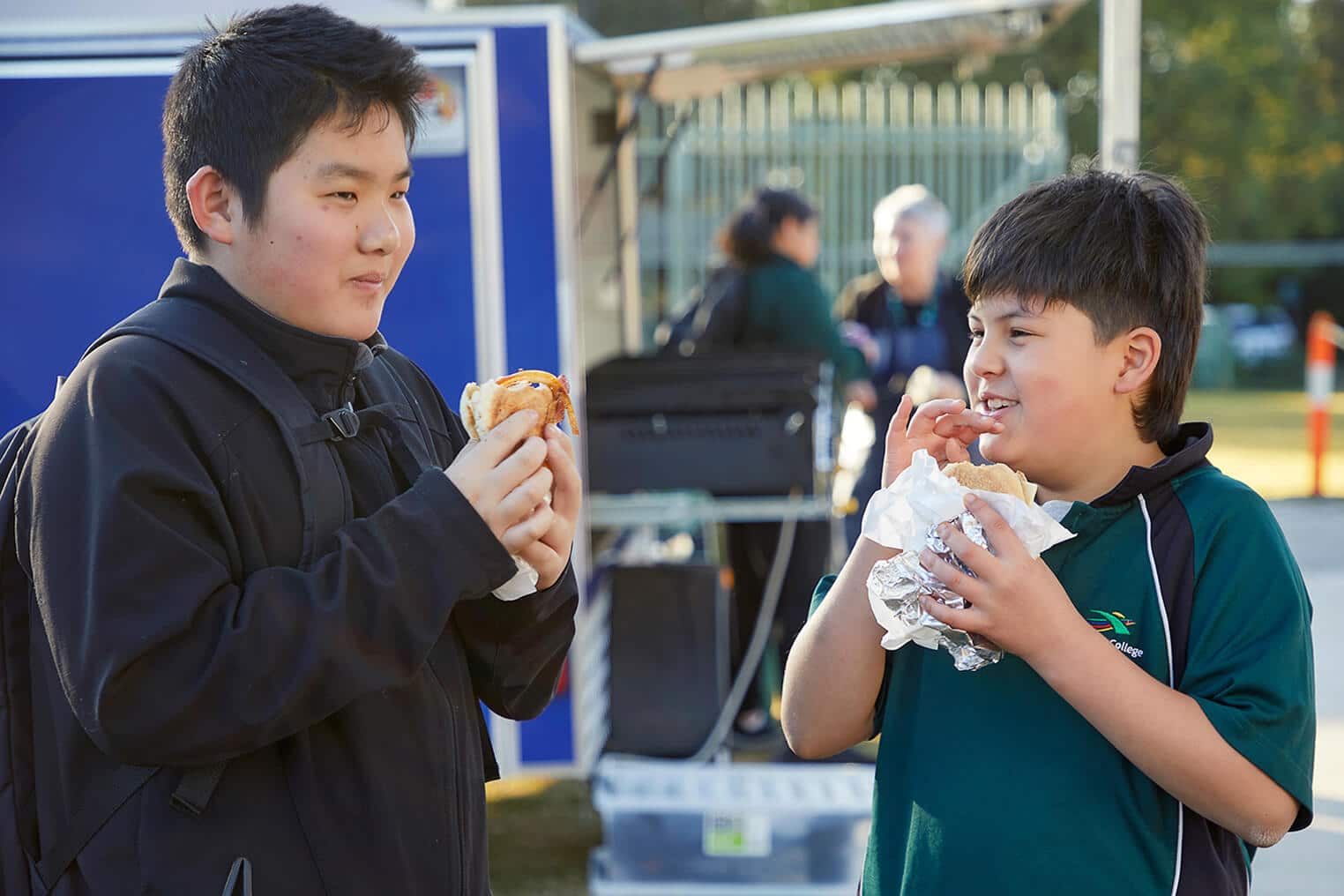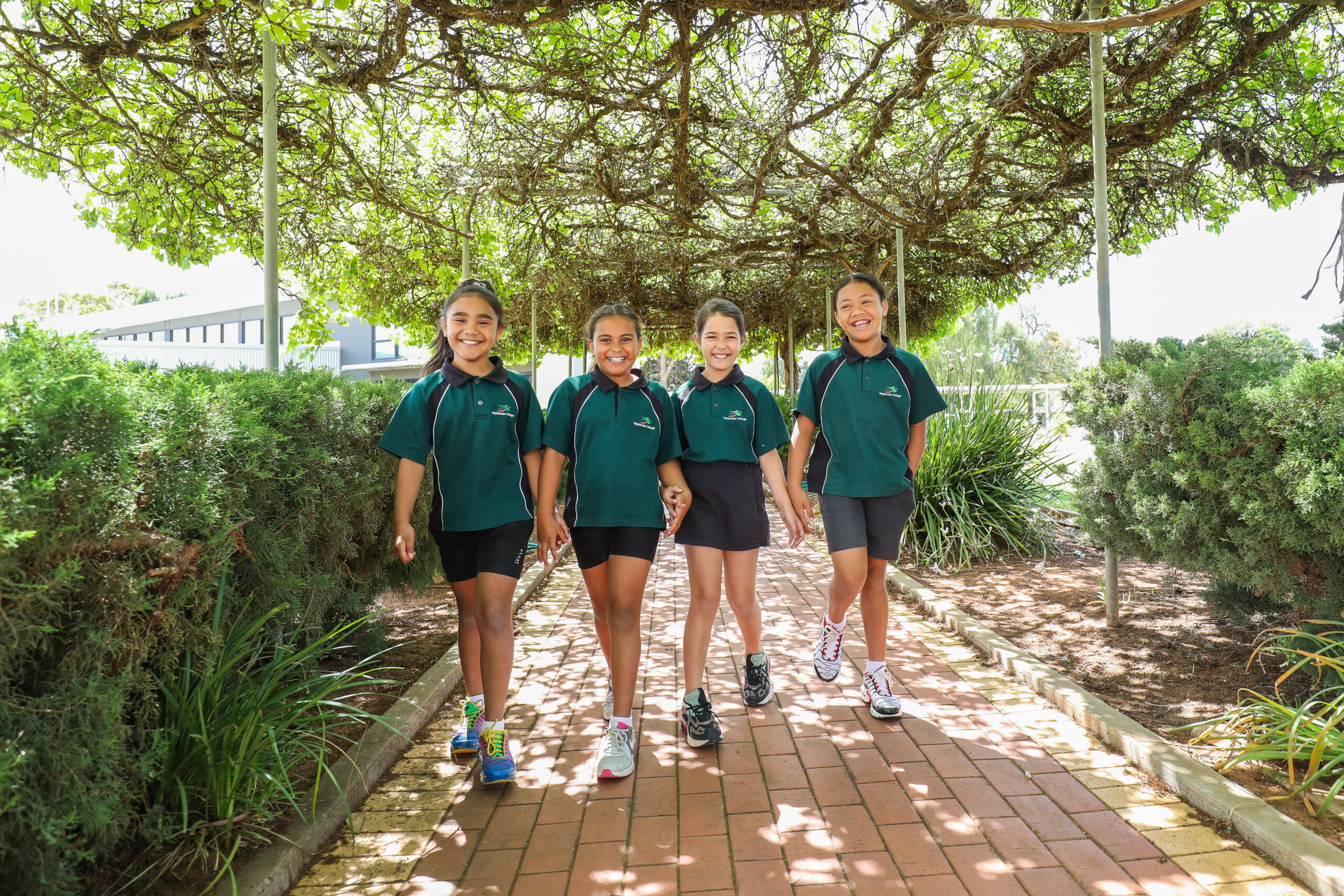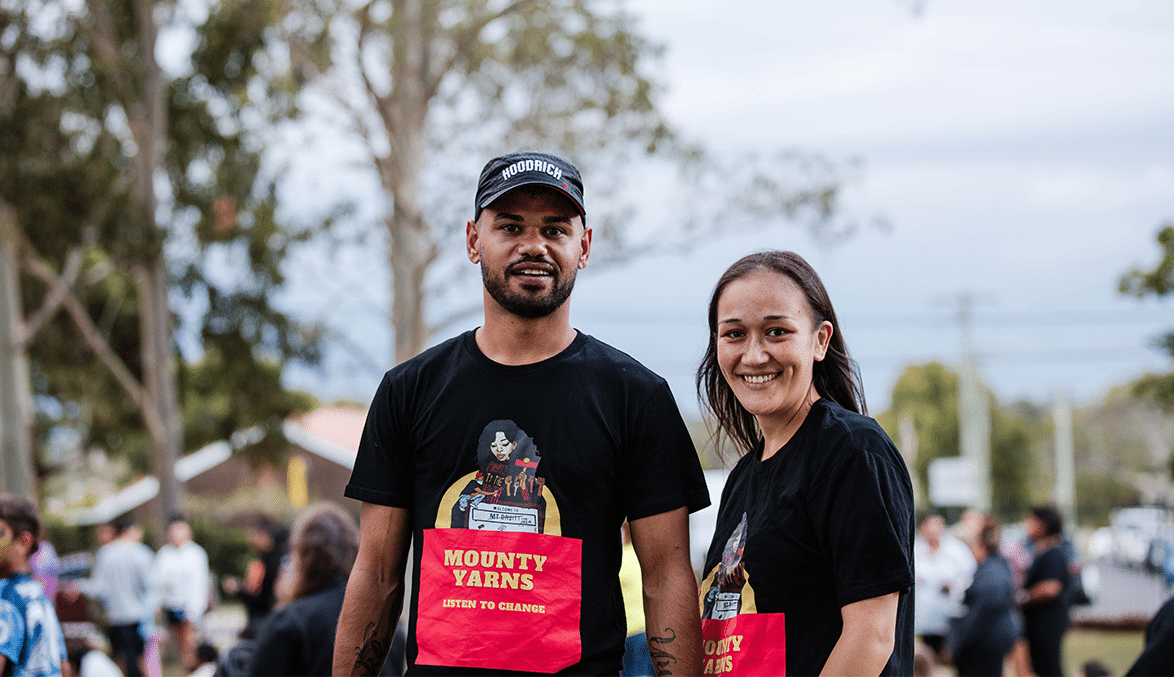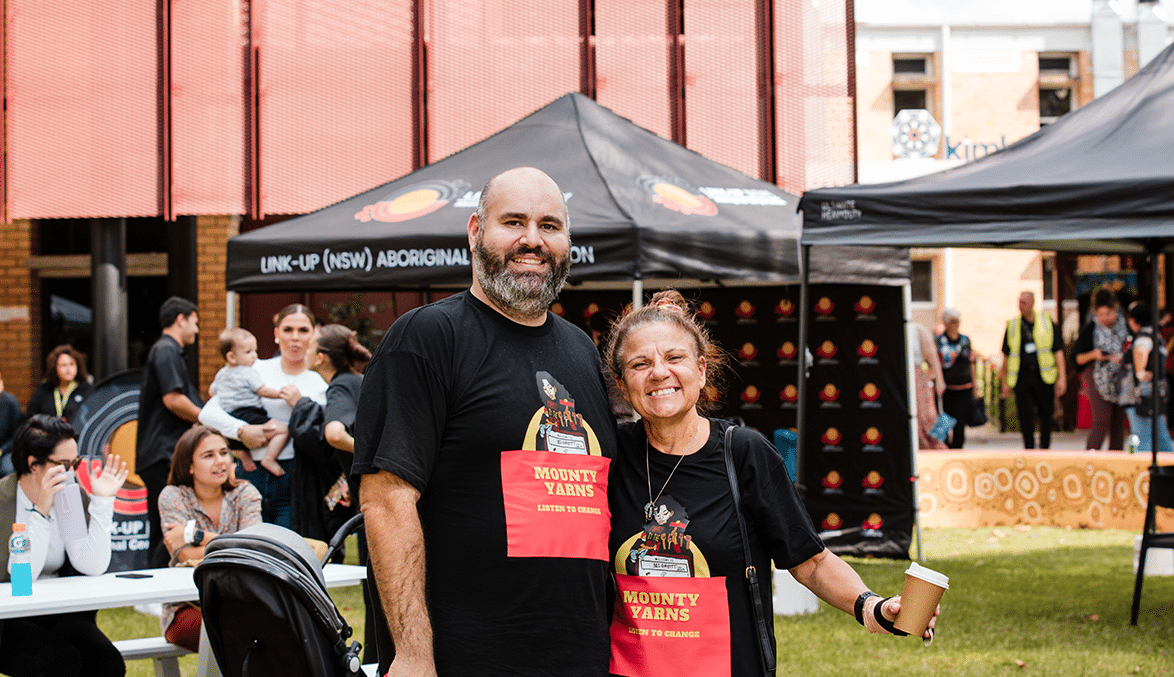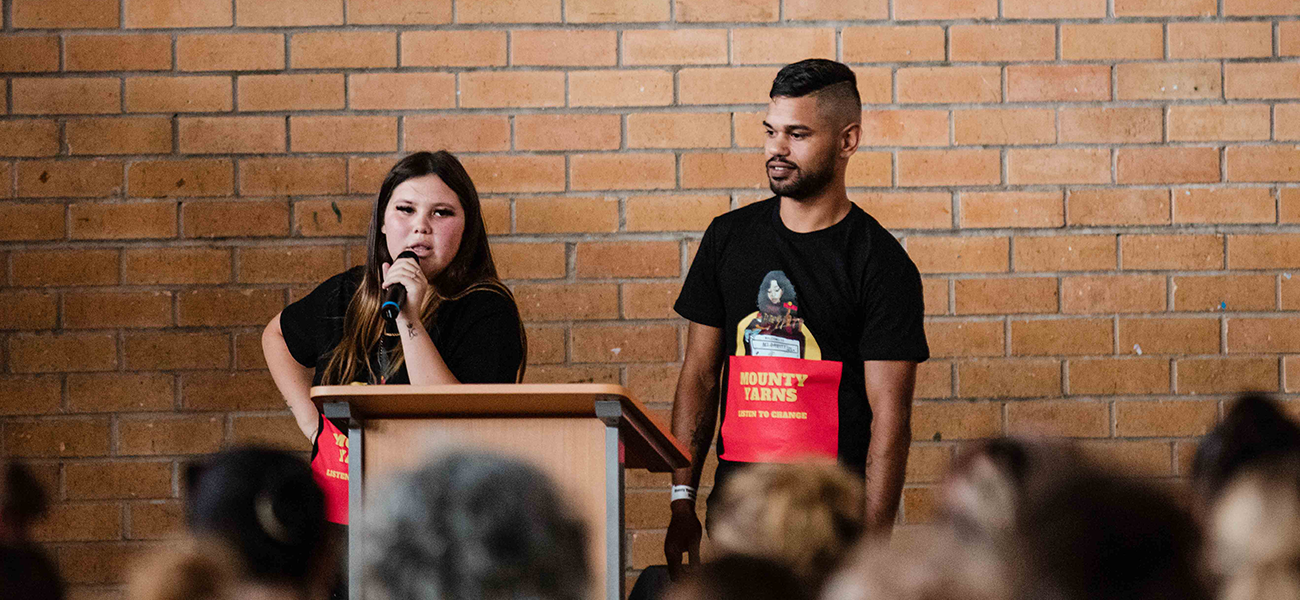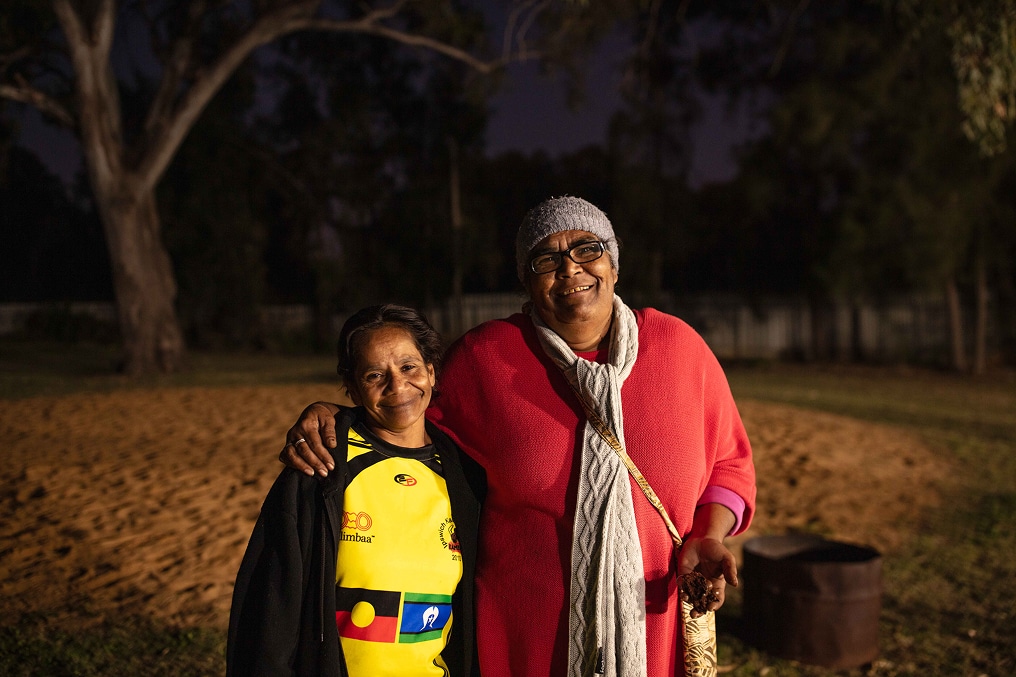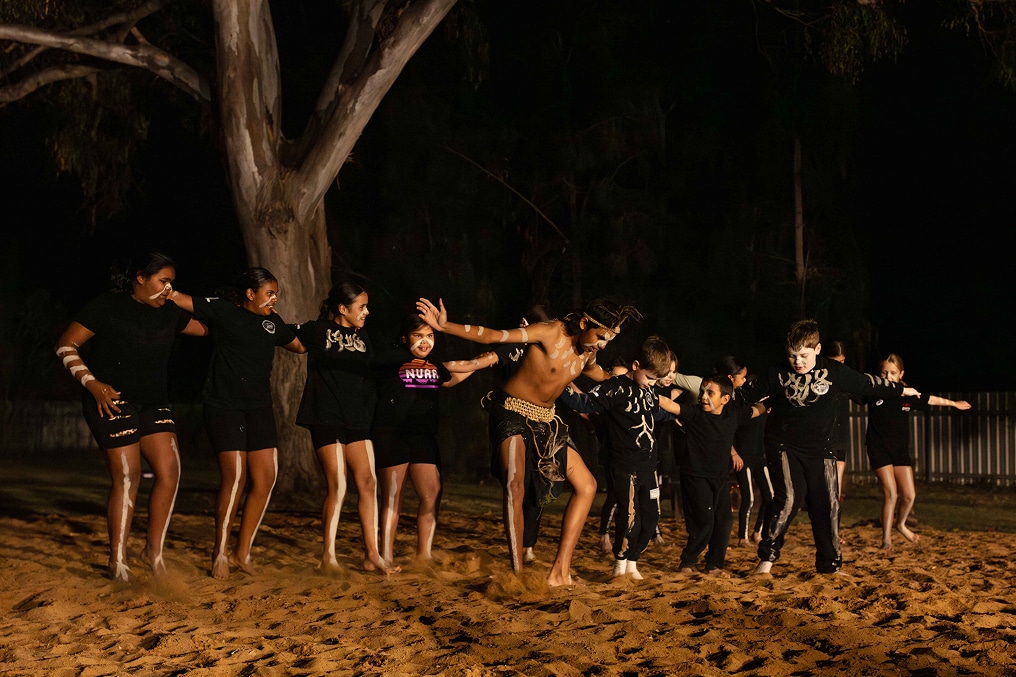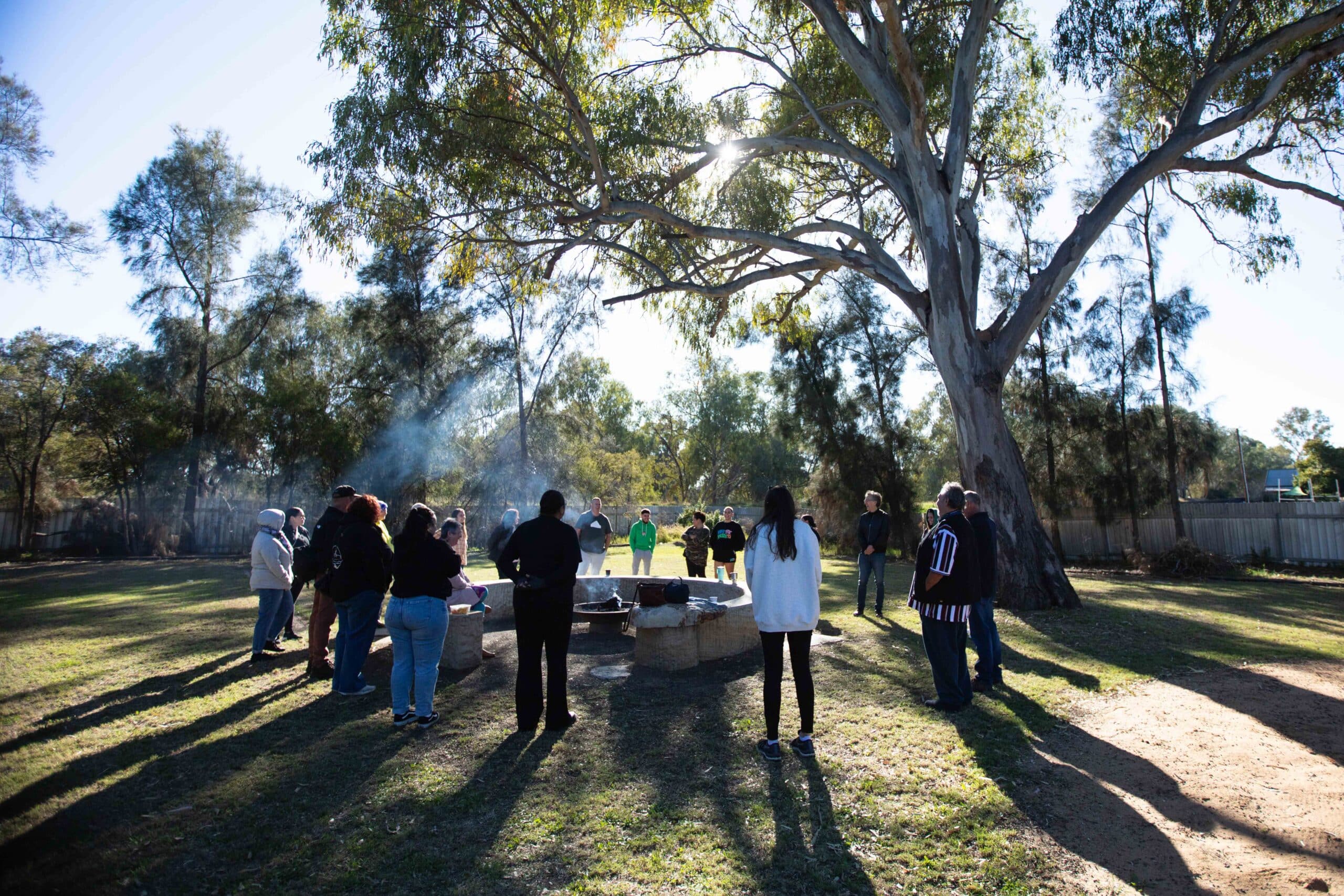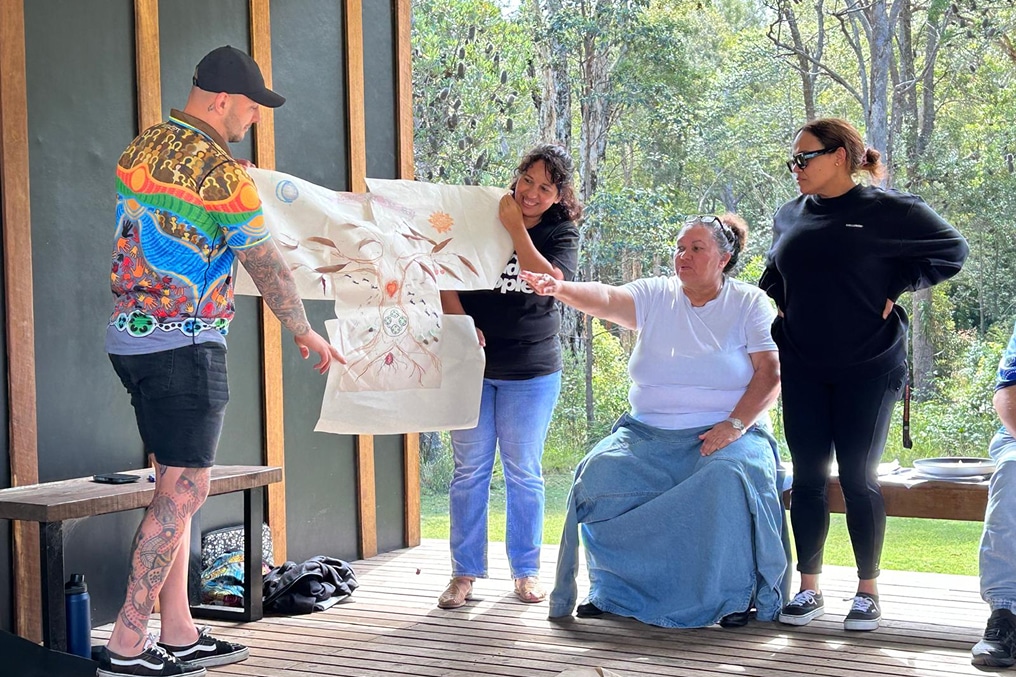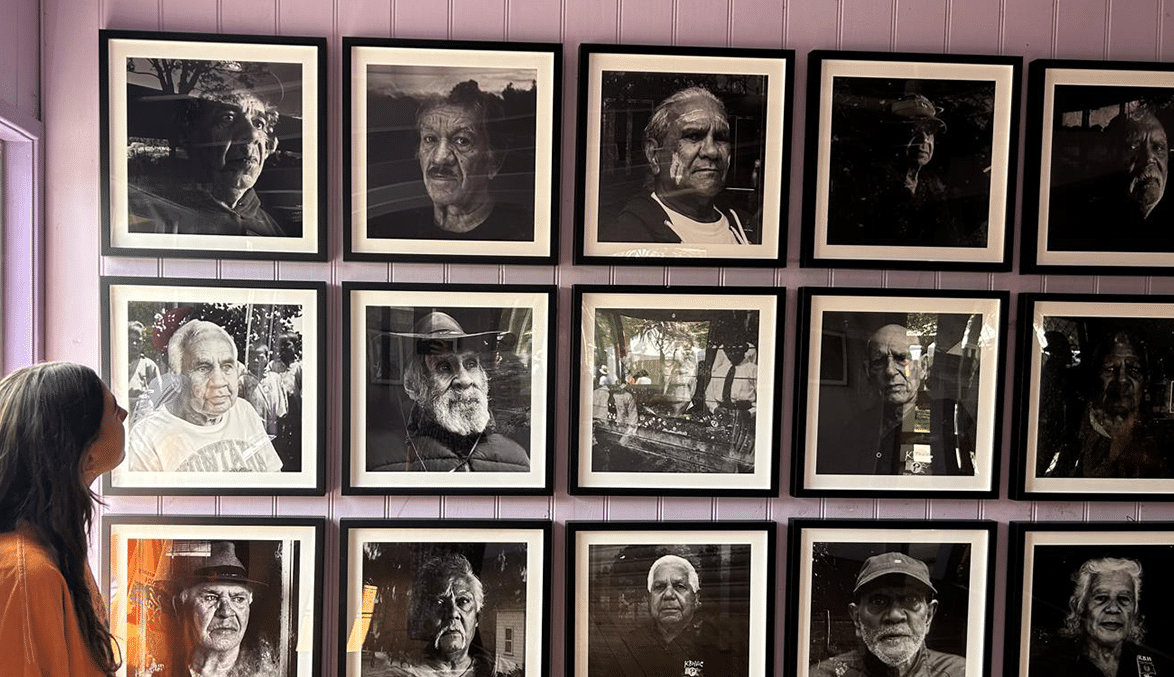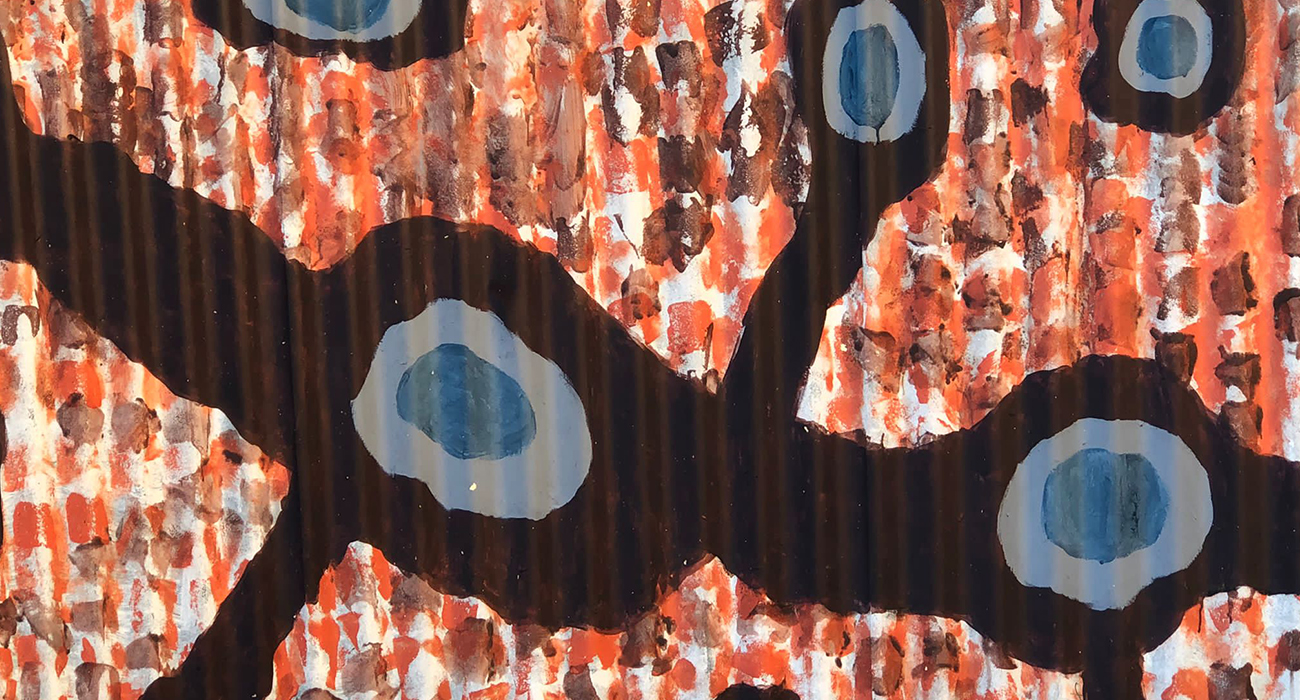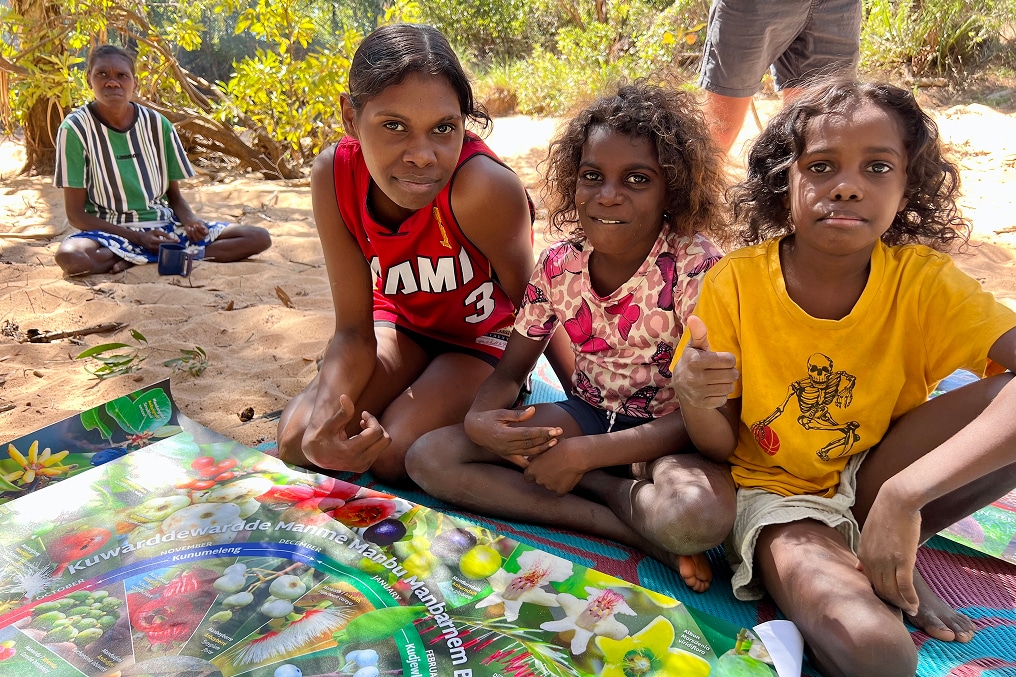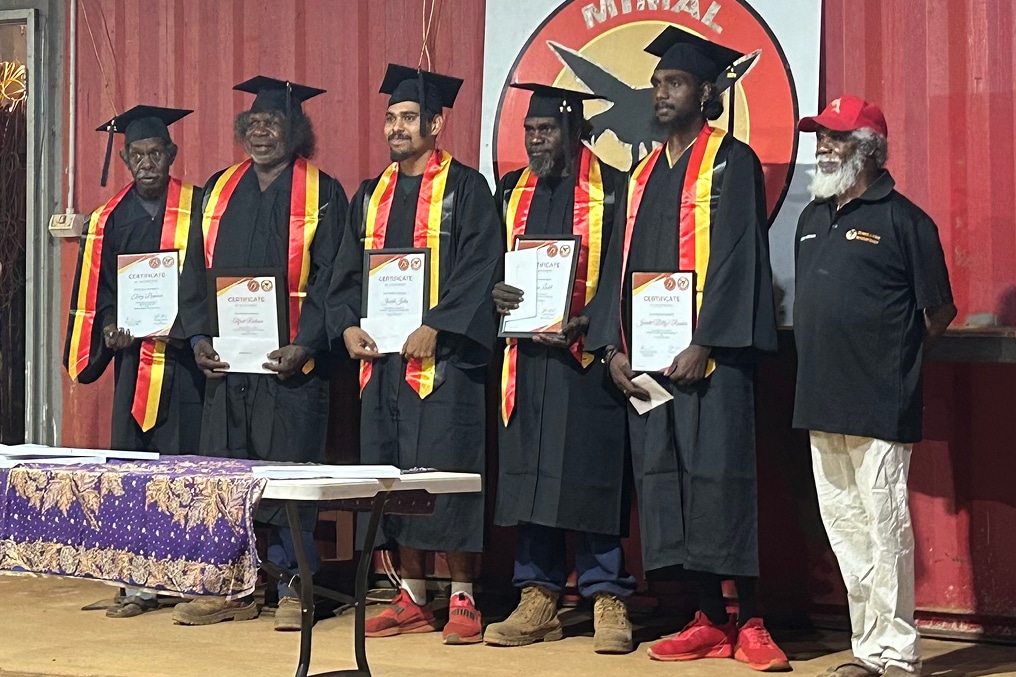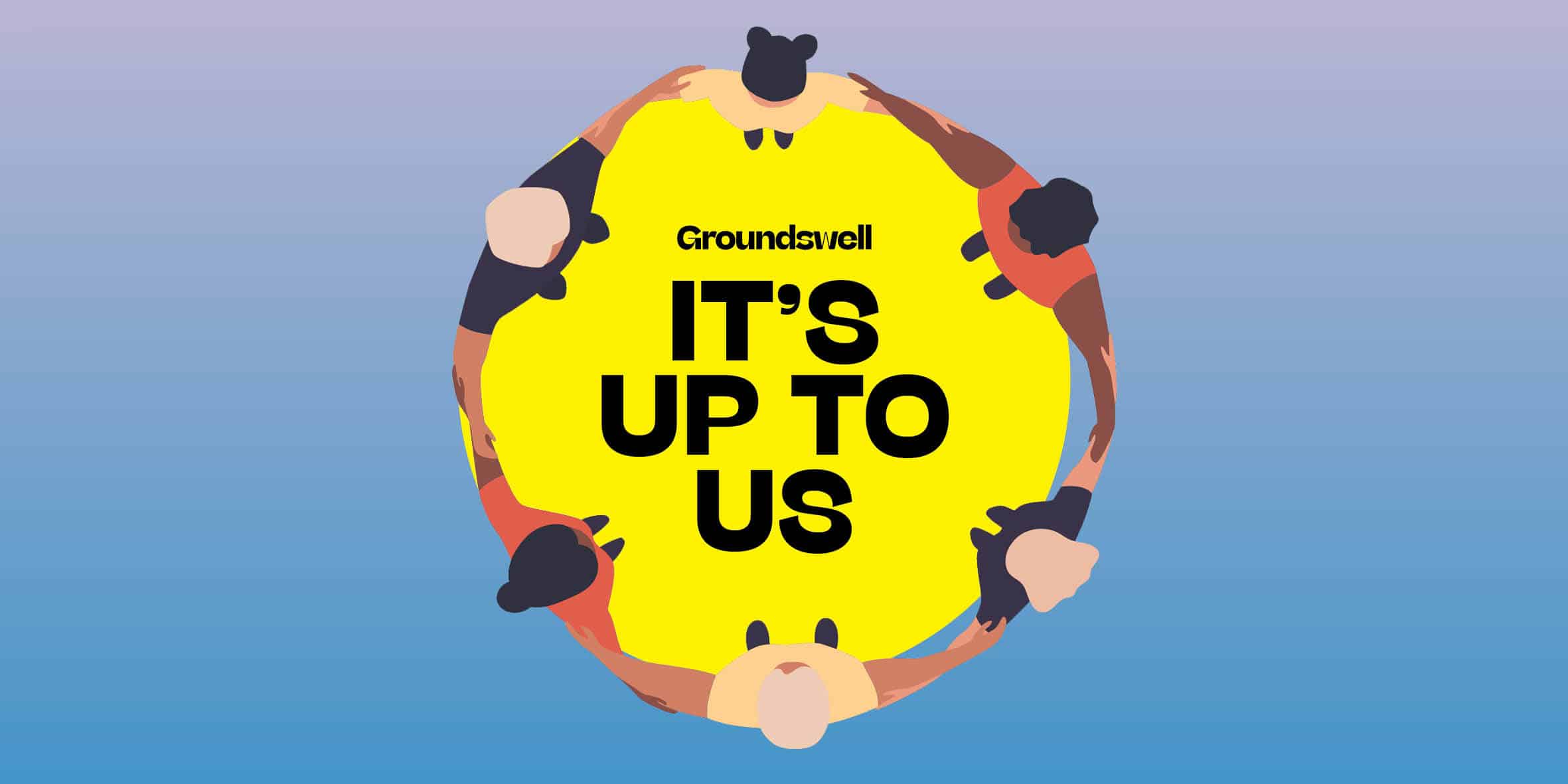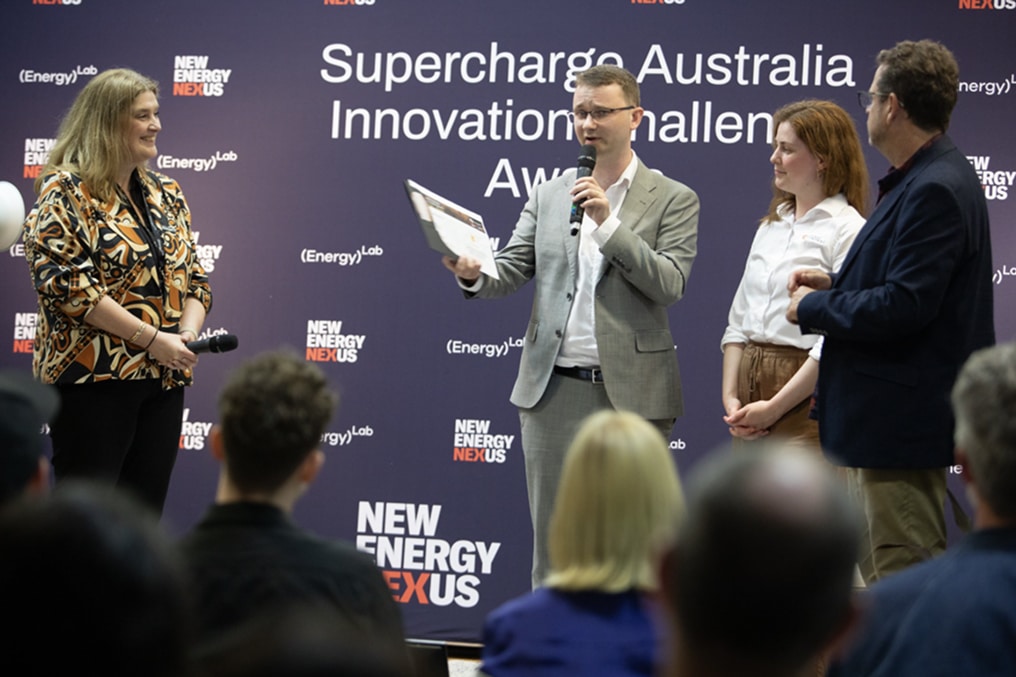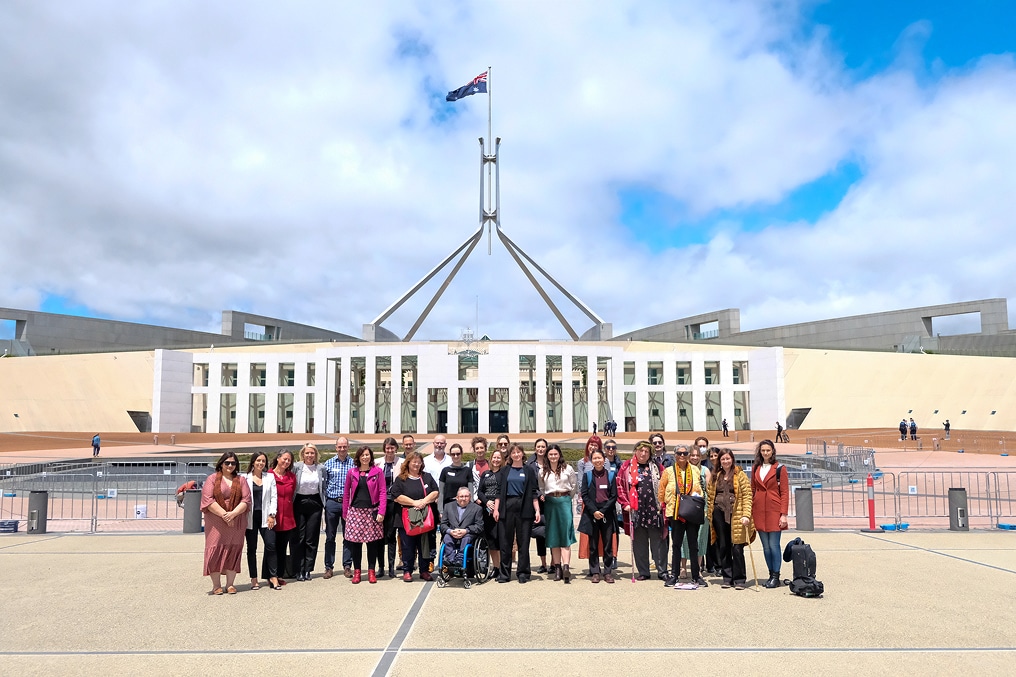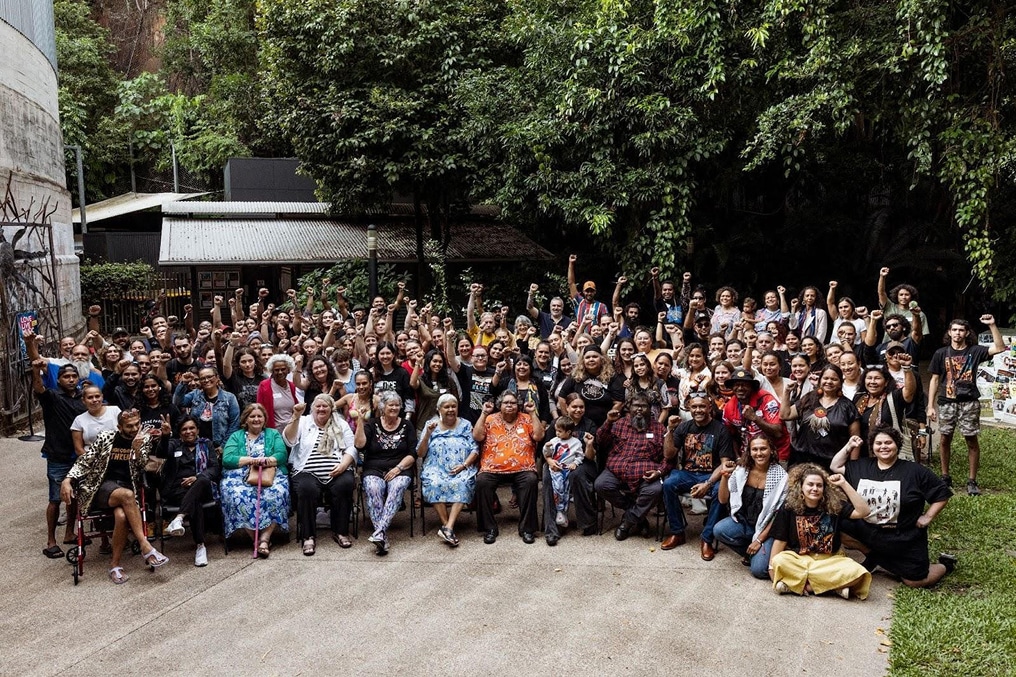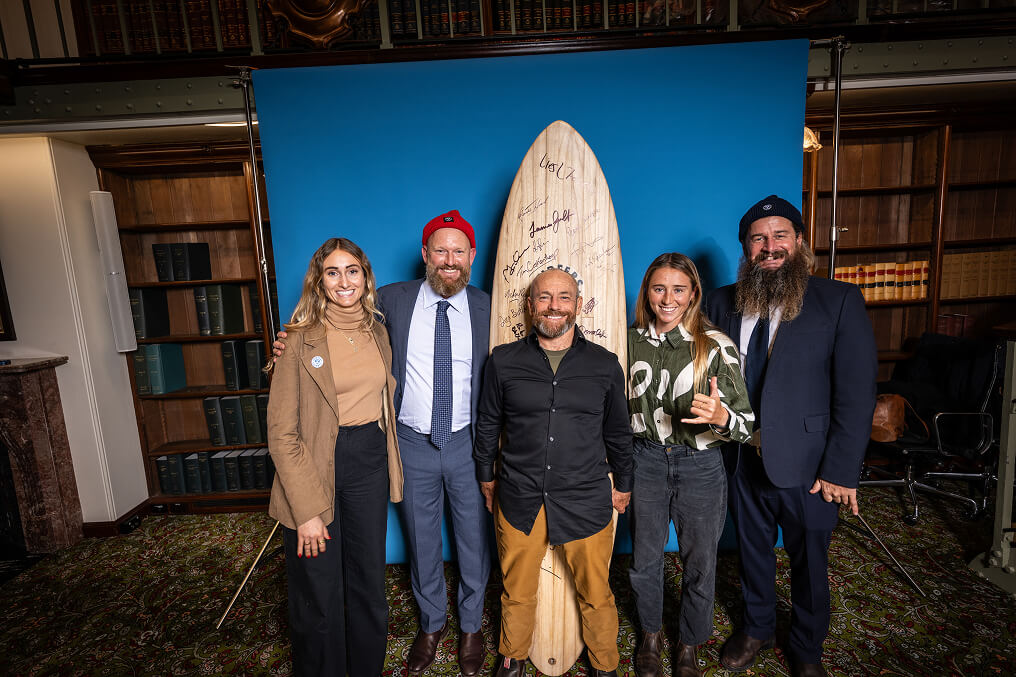Tatiana Fraser, Tasha Ritchie, Margot Beach, Shaun Middlebrook, Yoorrook Justice, Deputy Commissioner Travis Lovett.
Over two powerful days, we were joined by Tatiana Fraser from Canada’s Systems Sanctuary, who shared the practices and strategies behind Scaling Deep—a framework that centres the inner, relational, and cultural dimensions of systems change. It reminds us that deep, meaningful change requires shifts not only in structures and policies, but also in values, relationships, and ways of being.
We often speak of systems change as the goal of our work. But most of that conversation focuses on:
- Scaling out – replicating or spreading successful programs and practices across different places or populations.
- Scaling up – influencing policies, institutions or laws to embed change at higher systemic levels.
- Scaling big – growing reach, resources or organisational size to expand impact.
These dimensions are important, but without attention to Scaling deep—the work of transforming beliefs, relationships and culture—change can be superficial or unsustainable. Scaling deep often requires the most time and personal investment, but receives the least recognition, investment and patience.
It’s also where our learning and measurement systems, particularly the processes enabling these connections and reflection, are weakest.
The gathering in Melbourne aimed to advance this conversation in two ways. First, to reflect on the rich and longstanding relational practices already shaping systems change in Australia. These ways of working are not new—but we may not always frame or value them as integral to scaling deep.
Second, to explore the harder questions we still face: What is required for scaling deep, how does this best support community processes, and how is it correlated with more durable, community-led and partnership-driven outcomes?

What is Scaling Deep?
Scaling Deep is a framework developed by The Systems Sanctuary that emphasises the inner, relational, and cultural work necessary for enduring systems change. Unlike traditional approaches that prioritise scaling up (through policies) or out (through replication), Scaling Deep focuses on transforming the values, relationships, and patterns that shape how we live, lead, and work together. It’s about cultivating the conditions for change from the inside out—across individuals, communities, and institutions—so that more just, caring, and regenerative systems can take root and thrive.
The approach is grounded in seven core conditions that help shift how change is made and held:
- Conditions for Healing
Deep change requires space for personal and collective healing. Addressing trauma, harm, and disconnection allows communities and individuals to build the trust and emotional capacity needed for lasting transformation. - Connection-Based Practice
This means centring relationships over transactions. Strong, trust-based connections create the foundation for collaboration, resilience, and shared purpose across difference. - Power Shift
Scaling deep involves redistributing power – supporting community leadership, valuing lived experience, and disrupting extractive or hierarchical models of influence and control. - Collective Learning
Ongoing reflection and mutual learning are essential. By making meaning together, communities can adapt, evolve, and align more intentionally around shared values and goals. - Working in Emergence
Rather than rigid plans, scaling deep supports adaptive, responsive work that honours uncertainty and complexity. It invites us to sense and respond to what is unfolding, rather than impose predetermined outcomes. - Relational Responsibility and Accountability
Deep systems change depends on how we show up for one another. This practice fosters cultures of care, responsibility, and mutual accountability—not just for results, but for how we work together. - Shifting Patterns and Reframing
Scaling deep is also about changing the stories and mental models that underpin our systems. By identifying harmful patterns and offering new frames, we make space for imagination, possibility, and transformation.
Cultivating Connections- What we can learn from Yoorrook and Accountable Futures Collective
Scaling Deep featured as part of Woor-Dungin’s Cultivating Connections Forum—a heartfelt, grounded day that brought together First Nations leaders, community organisations, philanthropic partners and international systems practitioners to explore the slow, steady and relational work of systems change.
The day began with a Welcome to Country and smoking ceremony held at the Lord Mayor’s Charitable Foundation’s Impact Hub – on their balcony four stories above the ground. The welcome was a reminder that culture is always present and evolving with place and practice.
This was followed by a conversation between Tatiana Fraser, Commissioner Travis Lovett from the Yoorrook Justice Commission, and Tasha Ritchie, CEO of Accountable Futures. Together, they explored the practices, and mindset shifts that underpin Scaling Deep—including truth-telling, healing and shifting power through relationship.

As Tatiana reflected:
“Truth-telling is a process of challenging dominant narratives and systems. It is challenging a violent and harmful system and offering a pathway to systems that align with life.”
Commissioner Lovett shared the work of Yoorrook as an example of this approach—slow, steady and grounded in the lived experiences of Victoria’s First Peoples. He spoke about the process of truth-telling and treaty and the collective, human right of self-determination.
Travis extended an invitation for all people from all backgrounds “to walk with First Nations People to listen, learn and stand together in the spirit of truth, justice and healing.”
Before returning to the afternoon session, we paused together for a water ceremony—a moment to reflect, reset and reconnect.
After lunch, we heard from Damien Bell from the First Peoples’ Assembly of Victoria, who shared insights into Victoria’s Treaty process, then heard from the team behind Warrigunya, a grassroots initiative supporting Aboriginal men leaving prison through specialist housing, cultural reconnection and long-term healing.
Throughout the afternoon, Shaun Middlebrook generously hosted, sharing Woor-Dungin’s Decolonising Wealth: Cultural Audit & Toolkit and reminding us:
“We are focused on changing systems not because it’s the trendy thing to do, but because it is the right thing to do. We don’t want to be back here in 20 years talking about recommendations that haven’t been implemented.”
To further explore the thinking behind Scaling Deep, we hosted a hands-on workshop to reflect on how these practices are already emerging in place-based initiatives across Australia—and how we might recognise when we’re on the right track.
The session was held in a genuine spirit of discovery. Rather than offering answers or polished frameworks, we brought a set of shared questions: How do we evaluate and learn as we partner well and scale deep? And more broadly, how do we understand impact in this kind of work?
We heard insights from Hands Up Mallee, Fire to Flourish, and Collaboration for Impact. Each offered a different perspective on what it takes to bring scaling deep principles to life in practice.
One powerful theme emerged: when these approaches are embedded, the earliest signs of change show up in relationships—more trust, stronger collaboration, and deeper cultural connection. These shifts may seem subtle, but they signal that something meaningful is taking root. Over time, they create the conditions for bigger changes in how decisions are made, and who holds power, laying the foundation for lasting improvements in community wellbeing.
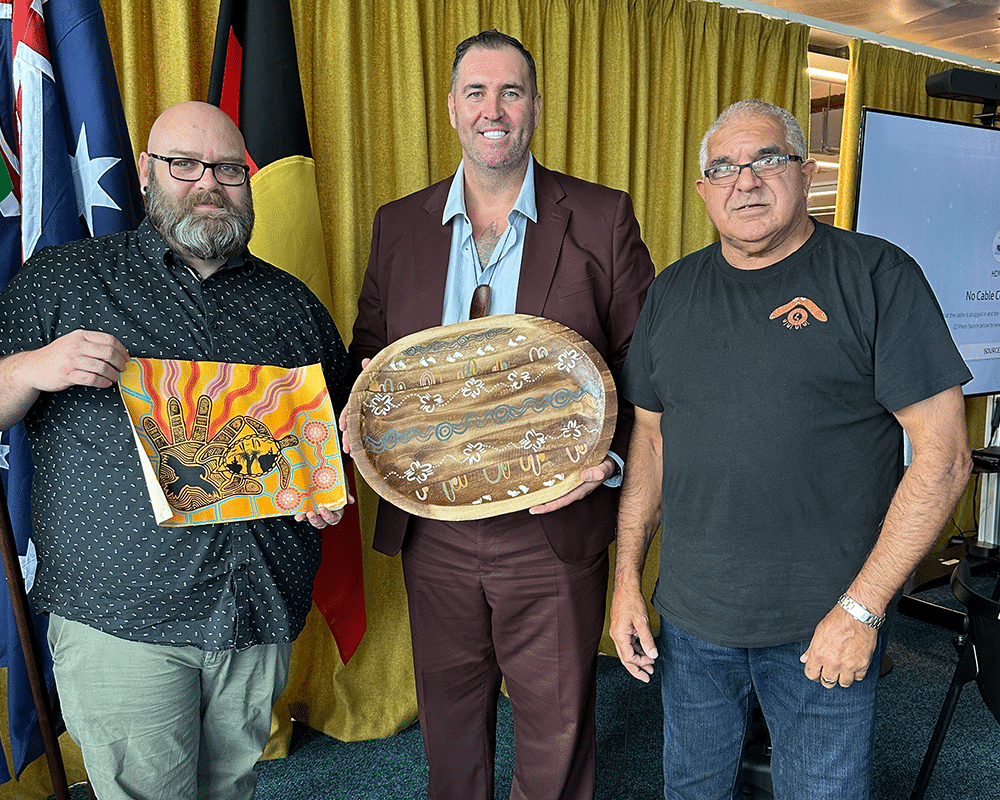
As one participant shared: “This is the slow, steady work of planting seeds.” It may not always make headlines, but it’s the kind of work that’s essential if we are serious about reshaping systems to honour people and place.
Thank you to everyone who joined us, contributed, and created connections over the two days:
- Shaun Middlebrook, and his wonderful team at Woor-Dungin
- Tatiana Fraser and Lydia Hascott, the Systems Sanctuary
- Commissioner Travis Lovett, Yoorrook Justice Commission
- Tasha Ritchie and the Accountable Futures Collective
- Damien Bell, First Peoples’ Assembly of Victoria
- Uncle Allen Coe and Merryn Stevenson, Warrigunya
